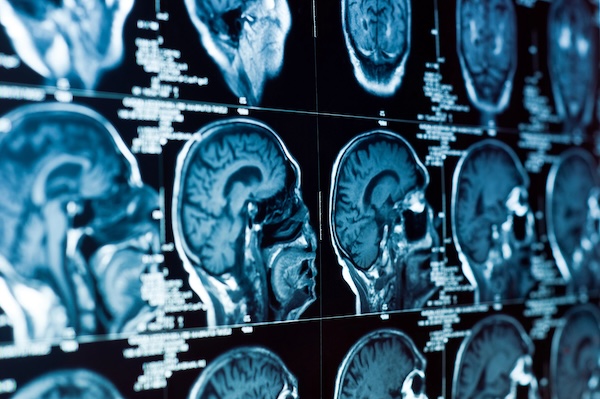Understanding Traumatic Brain Injuries (TBI)
Traumatic brain injuries range in severity from mild concussions to severe, permanently disabling damage. Even so-called “mild” TBIs can cause serious cognitive, emotional, and physical issues that interfere with daily life. These injuries often occur as a result of:
- Motor vehicle accidents
- Slips, trips, and falls
- Assaults or physical altercations
- Sports or recreational injuries
- Workplace accidents
- Medical malpractice
Some brain injuries are immediately apparent, while others may develop over time. That’s why seeking medical treatment—and legal advice—as early as possible is crucial.
Symptoms and Long-Term Effects
Every brain injury is different. Some symptoms may appear right away, while others take days or weeks to emerge. Common signs include:
- Headaches
- Confusion or disorientation
- Memory problems
- Difficulty concentrating
- Changes in mood or behavior
- Sleep disturbances
- Dizziness or balance issues
- Sensory sensitivities
In more serious cases, a TBI may result in long-term disability, loss of independence, and the need for constant care. We work with medical professionals and experts to fully understand the impact your injury has had—and will continue to have—on your life.
Who May Be Held Responsible?
If your injury was caused by someone else’s reckless or negligent behavior, you have the right to seek compensation for your injuries. At The Law Office of Hunter L. Windham, LLC, we investigate each case thoroughly to identify all liable parties, which may include:
- Careless or distracted drivers
- Property owners who failed to maintain safe conditions
- Employers who ignored safety standards
- Manufacturers of defective equipment or products
- Healthcare providers who committed errors
We gather all evidence, interview witnesses, consult with specialists, and build a case aimed at holding the responsible parties accountable.
What Compensation Can Be Recovered?
Brain injuries often result in high medical costs and a lifetime of ongoing care. Our goal is to recover the maximum compensation possible to help you manage those burdens. Depending on your case, you may be eligible for:
- Medical expenses (past, current, and future)
- Lost wages and diminished earning potential
- Rehabilitation and therapy costs
- Pain and suffering
- Loss of enjoyment of life
- Emotional distress
- Long-term or in-home care needs
In cases involving gross negligence, punitive damages may also be pursued.





